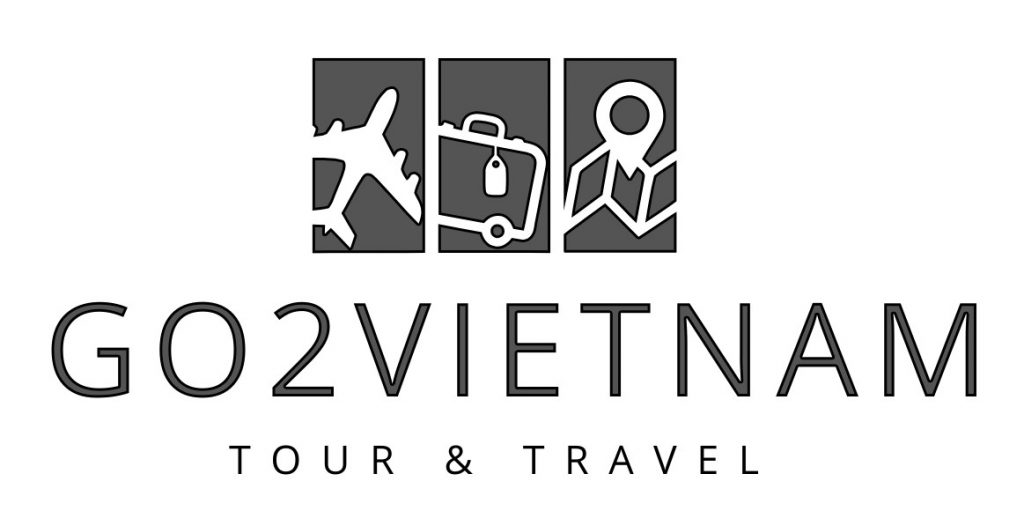Nguyen Ngoc Thao proudly shared with friends that she successfully applied for an e-visa for Taiwan at 8:00 p.m. on September 13, just a few hours later when Taiwan’s policy changed.
“With my work in the tourism industry, I soon received information that after 10 a.m. on September 14, Vietnamese tourists will no longer be allowed to apply for Korean and Japanese visas to enter Taiwan.” , Thao shared. When she heard this information, Thao quickly applied for an e-visa for Taiwan on September 13 and was fortunately approved. “I’m very happy that my travel plan to Taipei to enjoy the yellow and red leaves remains unchanged,” she said.

Nguyen Thanh Nam, 36 years old, living in Hung Yen is not so lucky. On the evening of September 13, after hearing the news, he quickly went online to register. After 5 failed applications for both Korean and Japanese visas, Nam had to accept spending more effort, time and money to apply for a paper visa. Nam’s Taiwan travel plans may be turned upside down because he has already booked a hotel and plane tickets. Nam believes that he was rejected because his name “matches someone on the blacklist”.
The Taipei Economic and Cultural Office in Ho Chi Minh City announced on the afternoon of September 13 that from 10:00 a.m. on September 14, Vietnamese people using Korean and Japanese visas to apply for e-visas to enter Taiwan will not be accepted when applying. Sign on the online approval system. Visas issued before September 14 in this form can still be used normally.
Phan Tan Phat, a doctoral student in Taiwan and founder of the Taiwan Leisure travel consulting site with more than 120,000 followers, said that as soon as he heard about the new regulations, he encouraged everyone to ” Please apply for an e-visa immediately.”
Phat said that filling in information on the system takes less than 10 minutes and you can always know whether the result is pass or fail. If not approved, the website will issue a notice to contact the Taipei Economic and Cultural Office (TECO) in Vietnam for support. Most cases that are not approved have the same name on the “black list” or do not meet the criteria for submitting an e-visa.
The new regulations make many Vietnamese tourists who successfully applied for e-visas at the “border” time – before 10:00 a.m. on September 14 – wonder if these e-visas will be accepted to enter Taiwan.
Phat said in the announcement on TECO’s website on September 13 and 14 there was a small change. On September 13, the notice read: “Those who have applied for approval before September 14 (inclusive) can still enter the country.” But on September 14, the announcement removed the word “include”. Phat believes that the word “including” here includes the time to apply for an e-visa on September 14. When TECO removes that word, it means that only e-visas issued on September 13 and before can enter the country.
According to a survey from VnBooking, when tourists called TECO’s hotline number in Hanoi to ask about this issue, they were answered: “E-visas issued to Vietnamese guests when using Korean and Japanese visas to apply from January 14 9 will not be usable”.
A source from the Taiwan Tourism Promotion Center added that being granted an e-visa does not mean that visitors are 100% sure they can enter the country. In the visa, there is a section clearly stating “the applicant is not guaranteed to be able to enter the country successfully even if they have a visa if the customs office suspects the declarant”.

Like many other Vietnamese tourists, Nam felt “disappointed” with the new visa policy because the main reason Nam went to Taiwan many times was to get an easy e-visa.
However, Phan Tan Phat believes that Vietnamese tourists traveling on their own may be more inconvenient because of tighter regulations, “but that doesn’t mean they can’t travel to Taiwan”. He suggests using other visas such as Schengen, UK, US, and New Zealand to apply for a Taiwan e-visa. Without these visas, Vietnamese tourists traveling on their own can apply for a paper visa or buy tours from travel companies to enjoy the Quan Hong visa policy, an e-visa issued to groups of 5 or more people of the company. Vietnamese travel company is on the list designated by the Taiwan Tourism Bureau.
Taiwan is one of the favorite destinations of Vietnamese tourists because of its short flight time, many direct flights, and cheap prices. According to data from Statista, Vietnam is the market sending the largest number of visitors to Taiwan in 2022, with nearly 135,000 out of a total of 900,000 international visitors visiting the island.
“Taiwan has beautiful scenery, friendly people, delicious food, worthy of a visit once in your life,” Phat said.

